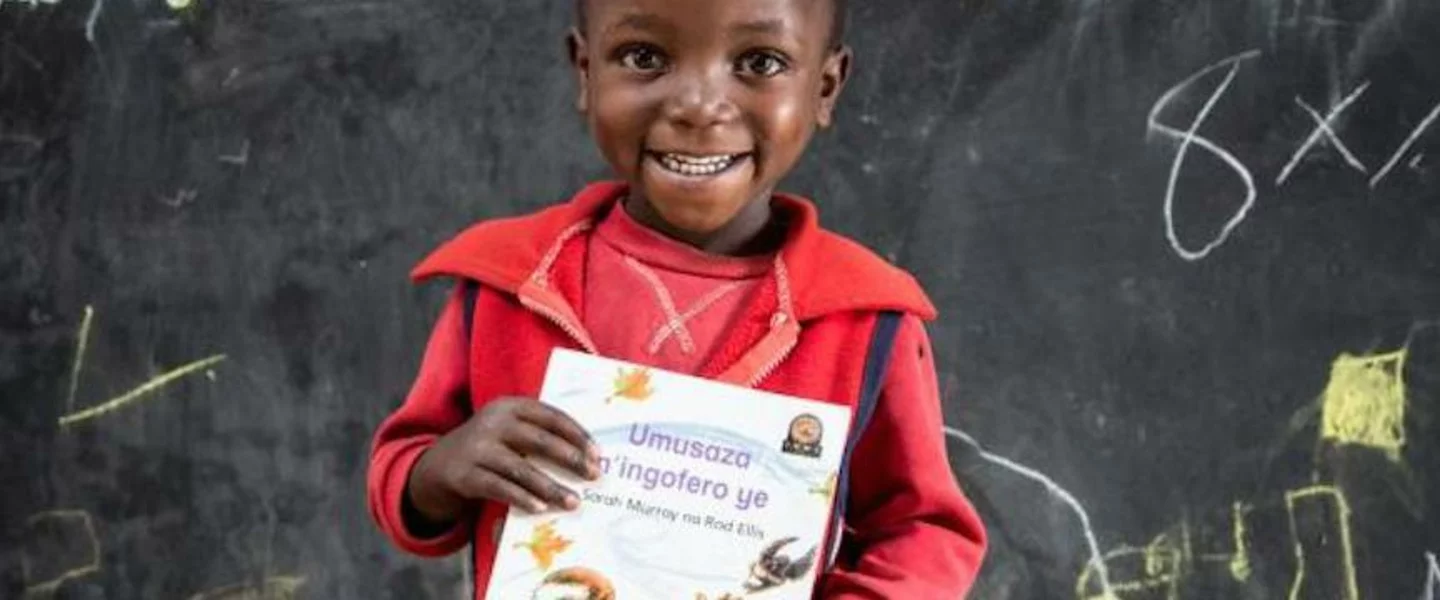Out of 75% of Girls Staring School, Only 8% Finish in the African Continent
Ahead of this week’s African Union (AU) pre-summit it has been revealed that out of 75% of girls starting school, only 8% finish in the African continent.
Save the Children South Africa’s CEO, Gugu Ndebele will be tackling the issue of access to education in times of emergencies when she facilitates a high-level dialogue at the AU Centre this week.
“While progress has been made across the continent, our achievements are simply not good enough. Children are being robbed of their fundamental right to education and girl children are particularly marginalised,” said Ndebele.
According to the AU's International Centre for Girls’ and Women’s Education in Africa, only seven in ten children who begin primary school in sub-Saharan Africa will stay in school until the last primary grade. Girls are more likely to drop out, with rates as high as 59% in Ethiopia and 57% in Liberia. Across sub-Saharan Africa less than one-quarter of secondary school-aged girls are enrolled in secondary education. Rates are nearly one-third lower in conflict-affected countries, and the gender parity gap is widening.
Ndebele added, “instability in a country either through political uncertainty, economic strain or even through natural disasters, set us back considerably and undo the strides made in the fight for equality in education.”
“We cannot compromise on the quality and access to learning opportunities. This should remain high on our priority list until every last child in Africa has been given access to quality education.”
Ndebele will facilitate a panel discussion on Thursday 26 January with, S.E.M. Moukadas Noure Aboubakar - Ministre of Education, Central African Republic; Mrs. Bineta Diop - AU Special Envoy on Women peace and Security, a refugee girl from South Sudan and Mr Patrick Kasumba - former Child Soldier, current Ugandan Member of Parliament.
While much of the focus will remain on the poorest countries in Africa, Ndebele points out that we should internalise the important role education and equality play in the development of South Africa’s economy and society. “It is vital that we invest in early education in South Africa as we push for greater equality in the rest of Africa”.
In a recently published report, Save the Children South Africa revealed that only 50% of children below the age of four were enrolled in an early childhood development centre[i]. The report acknowledges that there have been improvements in the early learning sector, but emphasises that these achievements are difficult to quantify as data is limited and inconsistent.
The study points out that the majority of children who are most in need – that is, those living in poverty, in under-serviced areas and with disabilities – do not access quality early childhood care and education services. This exclusion drives poverty and sustains patterns of inequality in South Africa.
ENDS
For information or interviews, please contact:
Lois Moodley | Save the Children South Africa – Advocacy and Media Manager | [email protected] | +27 724401519
About: Save the Children believes every child deserves a future. In South Africa and around the world, we give children a healthy start in life, the opportunity to learn and protection from harm. We do whatever it takes for children – every day and in times of crisis – transforming their lives and the future we share.
Note to the Editor: If children are affected, we’ve got something to say. Our team of experts are available for comments, interviews and information.
Join us on Facebook: www.facebook.com/SavetheChildrenSouthAfrica
Follow us on Twitter: www.twitter.com/SaveChildrenSA
See the journey on Instragram: www.instagram.com/savethechildrensouthafrica
[i] A Call to Action: Children’s Rights in South Africa – Save the Children South Africa (2016)

